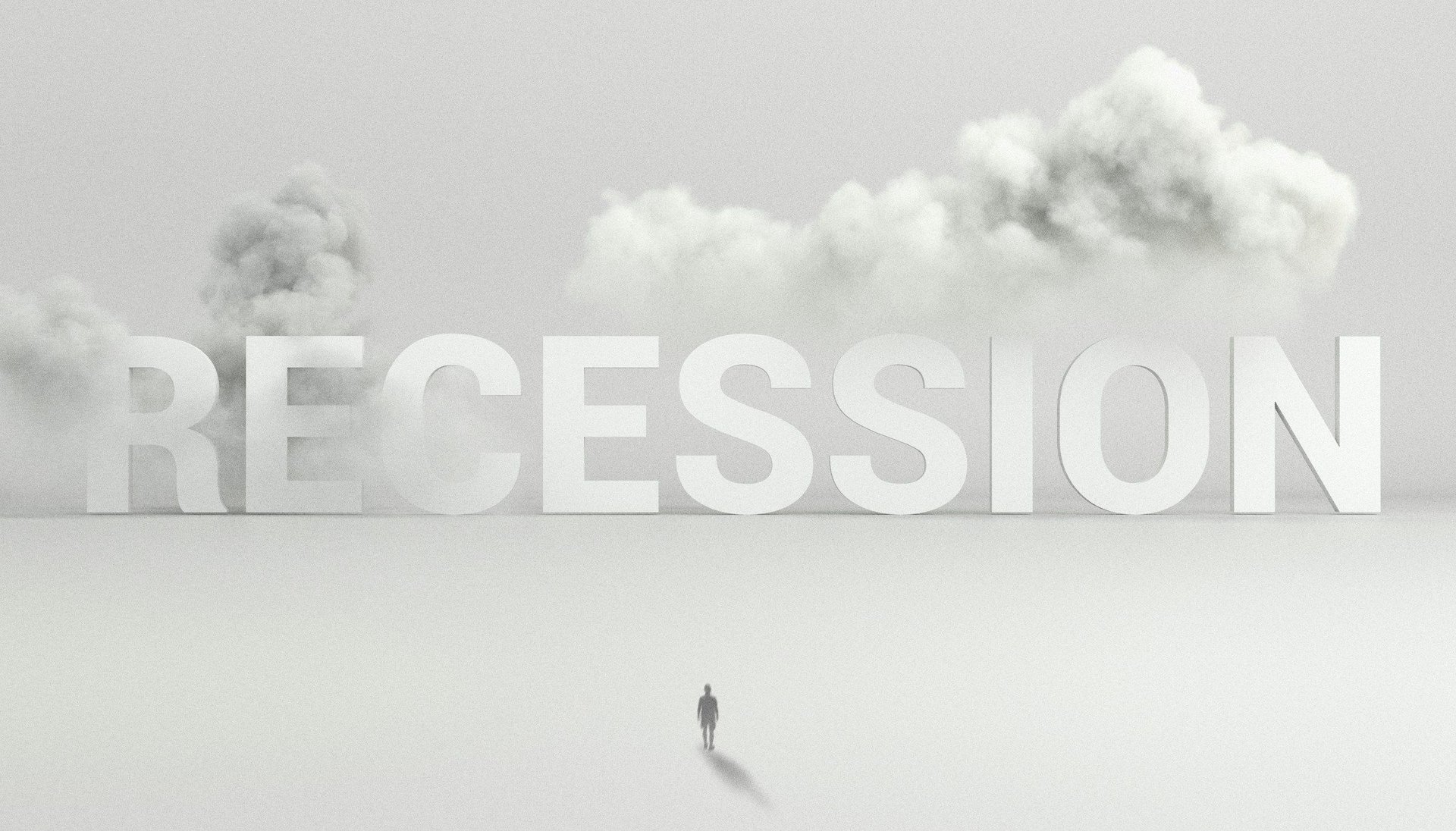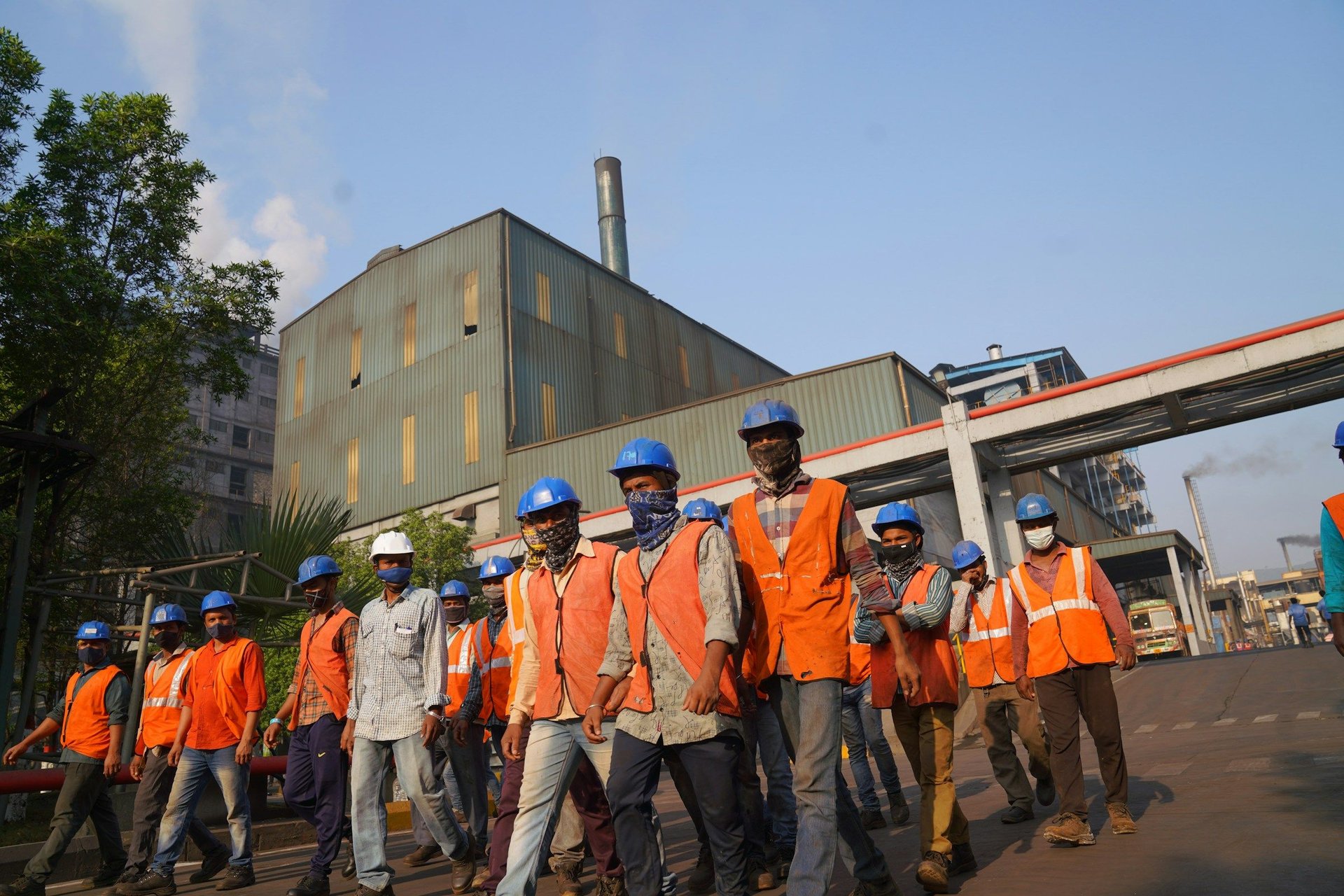The 7 careers most vulnerable in a recession
Some jobs are more recession-proof than others — here’s who feels the squeeze first when the economy slows down

When the economy dips, no career is entirely safe. However, history shows that some industries feel the shockwaves long before others. A slowdown in consumer spending, corporate belt-tightening, and shifting demand can mean specific jobs are cut quickly, while others remain more stable.
For instance, during the infamous 2008-2009 financial crisis, the U.S. shed about 712,000 jobs per month — one of the most severe employment disasters since the depression of 1945. Construction, retail, and hospitality bore the brunt as people tightened budgets on everything from school costs to holiday plans, and businesses canceled expansion projects. Meanwhile, health care, education, and agriculture roles provided stability, thanks to consistent demand regardless of the economic climate.
Knowing which jobs are most vulnerable doesn’t just matter for workers in those fields. It helps you understand how interconnected the economy is — how a downturn in one sector can ripple across many others. A hit to real estate, for example, can also slow down furniture sales, home improvement retail, and freight transportation.
It’s also worth noting that technology has changed the landscape. Remote work, automation, and e-commerce have cushioned some industries but accelerated decline in others. So while history offers lessons, today’s vulnerable careers aren’t identical to past economic downturns.
With consumer confidence sinking by 1.3 units in August, the fear is that a recession is looming. Here are some careers that could be in trouble when the next financial crisis appears.
2 / 8
1. Retail sales

Piret Ilver | Unsplash
Retail workers often feel the impact first. When consumers cut back on discretionary spending, stores reduce their hours or close locations altogether. Big-box chains and small shops show how quickly payroll can shrink in hard times. The projected retail job losses for the U.K. are 201,953 for 2025, and the U.S. is likely to see similar cutbacks. Jobs under the axe include shop assistants, managers, cashiers, and janitors.
3 / 8
2. Construction and real estate

Maria Ziegler | Unsplash
Large building projects are likely to be delayed when financing dries up. Contractors, real estate agents, and mortgage brokers often face steep drops in work during recessions, as the housing crash of 2008 made abundantly clear. When the pinch is on, homeowners often struggle to repay mortgages, and while many properties enter the market, ownership declines. Jobs likely to face retrenchment include sales agents, finance brokers, builders, and architects.
4 / 8
3. Hospitality and food service

Kate Townsend | Unsplash
Restaurants, hotels, and bars rely heavily on discretionary income. Layoffs in this sector rise fast when people forgo vacations or dining out. Recovery tends to be uneven, too, with unpredictable bounce-backs. The COVID-19 pandemic saw a staggering eight million jobs lost in the service industry, and many of these vacancies remained unfilled after lockdowns ended. A recession could prompt a career change if you’re working as a server, manager, food technician, beautician, or guide.
5 / 8
4. Media and advertising

Voyage Pro | Unsplash
When companies need to save money, marketing budgets are first on the list of cutbacks. This trickles down to ad agencies, publishing houses, and digital media outlets, where layoffs can be swift and widespread among the six million positions across the industry and its derivatives. When fewer consumers spend in retail, companies focus on making affordable products instead of marketing. This can lead to agencies shedding photographers, scriptwriters, graphic designers, and print technicians.
6 / 8
5. Arts and entertainment

BBC Creative | Unsplash
Musicians, actors, and other creative professionals often see bookings and ticket sales decline during recessions, as attendance depends on consumers' spending money. The result is fewer gig productions and a steep decline in industry opportunities. Other related careers endangered include makeup artists, backup singers, costume designers, and set crews.
7 / 8
6. Freight transportation
.jpg)
Kurt Cotoaga | Unsplash
Shipping and trucking jobs are not the first to vanish in a downturn, but they’re not recession-proof either. As consumer demand and manufacturing slow, freight volumes fall. The current trend remains unbroken, with 13 back-to-back quarters of decline in the industry, and the current tariff crisis is likely to see this pattern continue. Jobs that may disappear include crane operators, logistics managers, and ship captains with their crews.
8 / 8
7. Manufacturing

Bhupathi Srinu | Unsplash
Factories tied to consumer goods, automobiles, and electronics often scale back production when demand weakens. Unlike essential goods such as food and medicine, these purchases are easier for households to postpone. Consumers prioritize buying food, functional clothes, and school supplies over splurging on nonessential goods like TVs, new cars, and sound systems. Political policies can as easily affect the sector and claim jobs, like the 13,000 manufacturing jobs lost in December 2024 alone. Jobs that get cut include machine operators, managers, and related drivers.
